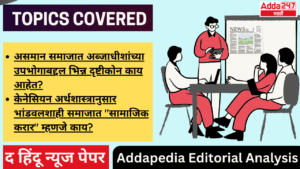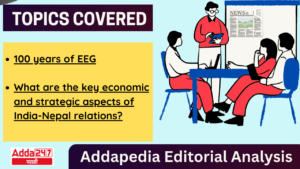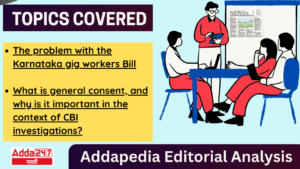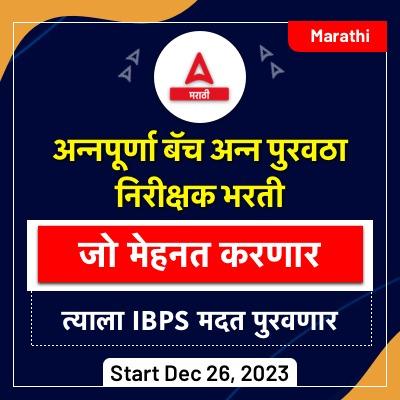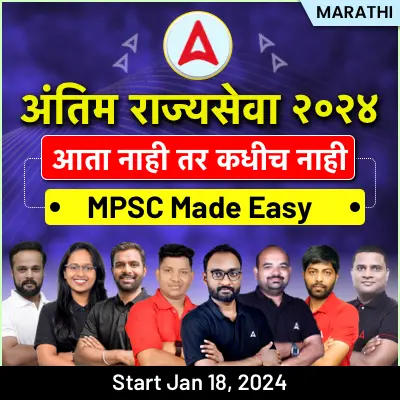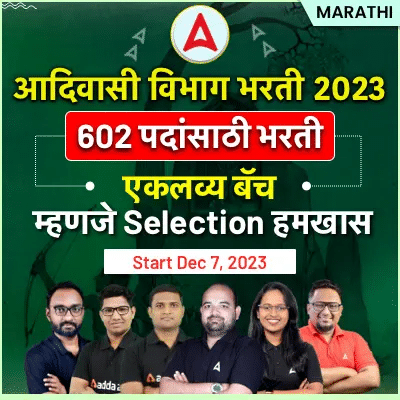Does the Model Code of Conduct need legal teeth?
(The Hindu, 31/05/24)
The Election Commission of India (ECI) has been criticized for not properly enforcing the Model Code of Conduct (MCC) during the ongoing Lok Sabha elections.
- The main purpose of the MCC is to ensure a level playing field and ensure that elections take place in a free and fair manner.
- But the problem is that the MCC is only a code & is voluntarily agreed by Political parties to abide by it. Once it finds a violation, if the ECI can book them under the Indian Penal Code (IPC) or under the RPA, or file an FIR, that will take months and years to be decided by the courts.
- And if there are other violations not covered by the IPC or the RPA, all that the ECI can do is, say, ban a candidate from campaigning.
What powers does the ECI currently have to enforce the MCC?
- While the ECI does not have statutory powers to enforce the MCC, it has been granted extensive powers under Article 324 of the Constitution
- The Supreme Court has made it clear that if there is a statutory law, then the ECI will have to go by that. But if there is no statutory law (Ex: IPC or RPA, 1951) to deal with the particular situation, the ECI can draw this power from Article 324 to ensure free and fair elections.
- As per Paragraph 16A of the Election Symbols Order, 1968, ECI can take actions like temporarily banning candidates from campaigning, derecognizing political parties, or suspending their recognition for MCC violations
What are the arguments in favor of giving the MCC legal teeth?
- More effective enforcement: Proponents argue that giving the MCC legal teeth would make it more effective in deterring violations. They believe that the current system, where the ECI can only issue warnings or take symbolic action, is not strong enough to prevent parties and candidates from breaking the rules.
- Level playing field: They argue that legal teeth would help to create a more level playing field by ensuring that all parties and candidates are held accountable for their actions.
- Public confidence: They believe that giving the MCC legal teeth would increase public confidence in the electoral process.
What are the arguments against giving the MCC legal teeth?
- Disruption of elections: Opponents argue that giving the MCC legal teeth could disrupt the election process by leading to lengthy court battles. They believe that it is important to resolve violations quickly and efficiently.
- Freedom of speech: They argue that giving the MCC legal teeth could infringe on the freedom of speech and expression of political parties and candidates.
- Existing legal provisions: Some argue that existing legal provisions, such as the Indian Penal Code and the Representation of the People Act, are sufficient to address electoral malpractices and that a separate legal framework for the MCC is unnecessary.
- Misuse of power: They worry that giving the ECI too much power could lead to its misuse. They believe that the current system, where the ECI is accountable to the courts, provides sufficient checks and balances.
Can you answer the following question?
The Model Code of Conduct (MCC) issued by the Election Commission of India (ECI) during elections lacks legal backing, leading to debates on giving it statutory powers. Critically analyze the merits and demerits of providing legal teeth to the MCC.
The tobacco epidemic in India
(The Hindu 31/05/24)
Tobacco is the most widely recognised preventable cause of disease and death in the world.
- After China, India has the world’s highest number of tobacco consumers, with nearly 26 crore per an estimate in 2016-2017.
What are the broader implications of tobacco use for India?
- Tobacco use is a major public health concern, causing various diseases and significant economic burden on the healthcare system.
- It is estimated that the country incurred a loss exceeding ₹1.7 lakh crore as a result of tobacco’s effects on the health of its consumers in the fiscal year 2017-2018.
- Additionally, the health of more than 60 lakh people employed in the tobacco industry is also placed at risk because of the absorption of tobacco through the skin, which can cause various diseases.
- It also negatively impacts the environment through soil erosion, deforestation, and waste generation. Up to 5.4 kg of wood is required to process 1 kg of tobacco.
What are the existing legal and policy frameworks for tobacco control in India?
- India is a signatory to the WHO’s Framework Convention on Tobacco Control (FCTC), launched in 2005. It aims to reduce tobacco usage worldwide by helping countries develop demand and supply reduction strategies
- Cigarettes and Other Tobacco Products (Prohibition of Advertisement and Regulation of Trade and Commerce, Production, Supply, and Distribution) Act (COTPA) 2003 governs the production, advertisement, distribution, and consumption of tobacco.
- India also launched the National Tobacco Control Program (NTCP) in 2007. NTCP helps improve awareness about the harms of tobacco use, and help people quit it.
What are the key challenges in effectively controlling tobacco use in India?
- Poor implementation of existing laws like COTPA, particularly regarding smokeless tobacco products and smuggled tobacco.
- Unclear regulations on indirect tobacco advertising through surrogate advertisements.
- Low tobacco taxes compared to FCTC recommendations, making tobacco affordable.
- Ineffective National Tobacco Control Program (NTCP) due to insufficient resources and monitoring.
- Strong tobacco industry lobbying influencing policy decisions.
What are the potential solutions to address these challenges?
- Stricter implementation of existing laws like COTPA, including increased fines for violations.
- Ban on all forms of tobacco advertising, including surrogate advertising.
- Significant increase in tobacco taxes in line with FCTC recommendations and inflation.
- Strengthening the NTCP with adequate resources and effective monitoring mechanisms.
- Providing support to tobacco farmers for transitioning to alternative crops.
- Gathering and analyzing up-to-date data on tobacco use trends to inform policy decisions.
महाराष्ट्रातील सर्व स्पर्धा परीक्षांसाठी ऑनलाईन क्लास, व्हिडिओ कोर्स, टेस्ट सिरीज, पुस्तके आणि इतर अभ्यास साहित्य खाली दिलेल्या लिंक वर क्लिक करून मिळवा.
अड्डा 247 मराठीचे युट्युब चॅनल
अड्डा 247 मराठी अँप | अड्डा 247 मराठी टेलिग्राम ग्रुप



